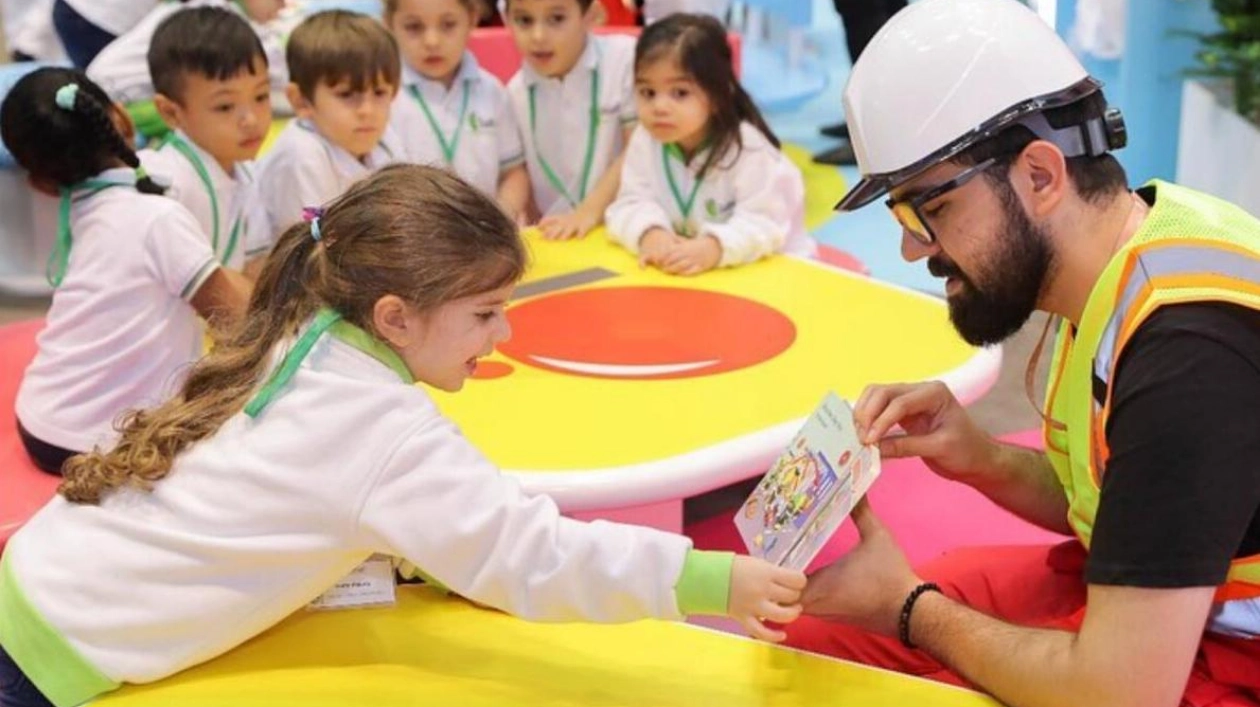Private schools in Abu Dhabi are required to maintain a healthy and safe environment for all staff, students, and visitors, as stipulated by recent directives from the Abu Dhabi Department of Education and Knowledge (Adek) and the Abu Dhabi Public Health Centre (ADPHC). Schools must adopt comprehensive policies that define the roles and responsibilities of students, staff, contractors, and visitors. These policies emphasize the need for staff and students to be trained on potential risks and ensure that all students have access to high-quality health services through school clinics without additional costs.
Although the policies became effective from the academic year 2024/25, full compliance is expected by February 1, 2026. Here are the health and safety policies that private schools in Abu Dhabi must adhere to:
Mandatory Health and Safety Officer
Schools must appoint a dedicated, full-time health and safety officer responsible for implementing and monitoring health and safety policies. This officer may take on other relevant roles (e.g., facilities manager) but must prioritize health and safety. A deputy may be appointed for shorter leave periods. The officer must be present on school premises at all times during the day and must meet specific training and qualification requirements by February 1, 2026.
Student and Staff Training
All students must receive education on health and safety topics such as road safety, risk management, fire safety, and first aid. Schools must also ensure that all staff are trained with foundational knowledge and practical skills to safeguard students, including reporting hazardous incidents.
School Bag Weight
Schools must limit the weight of students' school bags to 5-10% of the child's body weight, considering individual factors like overall health, physical strength, and existing conditions. This guideline aims to prevent harm to the student's spine or body.
Health and Safety Requirements
Schools must follow procedures for the secure storage and safe use of hazardous substances and equipment, including laboratory chemicals, biological materials, cleaning agents, workshop tools, and maintenance equipment.
Smoke-Free Campus
Schools must enforce a strict no-smoking policy (including e-cigarettes/vaping) on their premises and surrounding areas for all students, staff, and visitors.
Medical Services
Schools must operate on-site clinics led by a full-time, licensed school nurse, complying with Department of Health (DoH) standards. Schools must obtain and maintain a DoH healthcare facility license. Medication must be administered according to DoH requirements, including managing accidents and medical emergencies. Regular health screenings and access to DoH-appointed health providers for school-based immunization programs are also required.
Individual Student Healthcare
Schools must provide individual healthcare plans for students with additional learning needs, in line with the Adek School Inclusion Policy.
Emergency Planning and Drills
Schools must develop comprehensive School Emergency Plans and conduct annual drills to ensure staff and students are prepared for potential emergencies.
Risk Assessment and Compliance
Schools must conduct regular risk assessments to identify potential hazards and ensure compliance with health and safety regulations, including submitting periodic reports and maintaining records of inspections or incidents.
To ensure transparency, the health and safety policy will be published on school websites in both Arabic and English and prominently displayed throughout school facilities. Non-compliance may result in legal consequences and penalties under Adek regulations and Federal Decree Law No. (31) of 2021.
Source link: https://www.khaleejtimes.com






